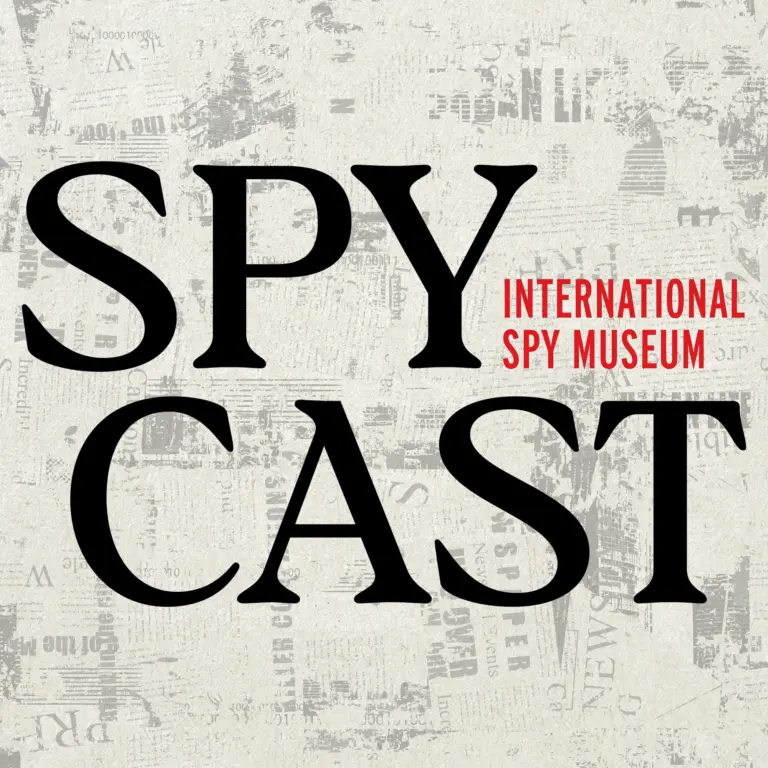Bra podcast
Sveriges mest populära poddar

A CIA Psychologist on the Minds of World Leaders, Pt. 1 with Dr. Ursula Wilder
74 min •
20 februari 2024
Summary
Dr. Ursula Wilder (LinkedIn) joins Andrew (X; LinkedIn) to discuss the intersections between psychology and intelligence. Ursula is a clinical psychologist with over two decades of experience working at the Central Intelligence Agency.
What You’ll Learn
Intelligence
- How psychology can be useful to national security
- Historical examples of leadership analysis
- Leadership personality assessments & the Cuban Missile Crisis
- Psychoanalytic theory and espionage
Reflections
- Human nature throughout history
- History repeating itself
And much, much more …
Quotes of the Week
“Together, these documents are quite powerful. The psych assessments are very, very carefully, tightly held and are classified at a high level. Every intelligence officer has this fantasy about seeing the file that's kept on them by the opponents.”
Resources
SURFACE SKIM
*SpyCasts*
- Agent of Betrayal, FBI Spy Robert Hanssen with CBS’ Major Garrett and Friends (2023)
- The North Korean Defector with Former DPRK Agent Kim, Hyun Woo (2023)
- SPY@20 – “The Spy of the Century” with Curators Alexis and Andrew on Kim Philby (2022)
- “How Spies Think” – 10 Lessons in Intelligence with Sir David Omand (2020)
*Beginner Resources*
- What is Psychoanalysis? Institute of Psychoanalysis, YouTube (2011) [3 min. video]
- Psychologists in the CIA, American Psychological Association (2002) [Short article]
- 7 Reasons to Study Psychology, University of Toronto (n.d.) [Short article]
DEEPER DIVE
Books
- Freud and Beyond, S. A. Mitchell (Basic Books, 2016)
- Narcissism and Politics: Dreams of Glory, J. M. Post (Cambridge University Press, 2014)
- The True Believer: Thoughts on the Nature of Mass Movements, E. Hoffer (Harper Perennial Modern Classics, 2010)
- Team of Rivals: The Political Genius of Abraham Lincoln, D. K. Goodwin (Simon & Schuster, 2004)
- Leaders, Fools, and Impostors: Essays on the Psychology of Leadership, M. F. R. Kets de Vries (iUniverse, 2003)
Primary Sources
- Charles de Gaulle to Pamela Digby Churchill (1942)
- Blood, Toil, Tears and Sweat (1940)
- Memoirs of Ulysses S. Grant (1885)
- Gettysburg Address (1863)
- House Divided Speech (1858)
- Excerpt on Cleopatra from Plutarch's Life of Julius Caesar (ca. 2nd century AD)
- Plutarch’s The Life of Alexander (ca. 2nd century AD)
- Appian’s The Civil Wars (ca. 2nd century AD)
- Virgil’s The Aeneid (19 B.C.E)
*Wildcard Resource*
- On Dreams by Sigmund Freud (1901)
- In this simplified version of the father of psychoanalysis’ seminal book The Interpretation of Dreams, you can get a small taste for Freudian philosophy. Freud believed that dreams were a reflection of the subconscious mind and that studying a person’s dreams can elucidate their inner wants and needs. What are your dreams telling you?
Learn more about your ad choices. Visit megaphone.fm/adchoices
00:00
-00:00